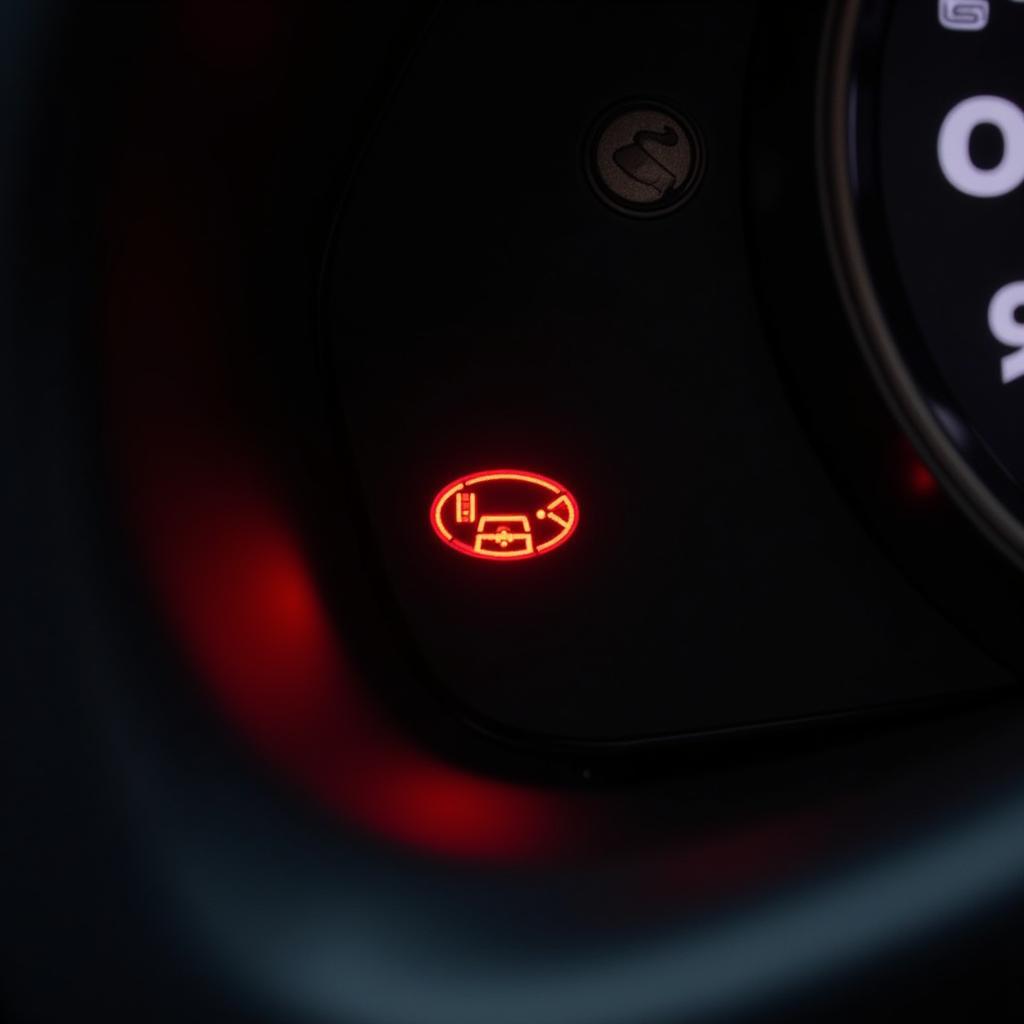Waking up to a dead car battery is frustrating. If your battery dies overnight, it signals an underlying issue that needs addressing. This article provides a comprehensive guide to diagnose and resolve the “my battery dies overnight” problem, offering practical solutions and expert insights to get your car back on the road. car battery dead for no reason might also be helpful for some cases.
Why Does My Car Battery Die Overnight?
Several factors can contribute to a dead car battery overnight. Identifying the root cause is crucial for effective troubleshooting. These include parasitic drains, faulty alternators, extreme temperatures, old age, and corroded terminals. A seemingly simple issue like a dying battery can snowball into more significant problems if left unchecked.
Parasitic Drains: The Silent Killers
Parasitic drains occur when electrical components continue to draw power even when the car is off. This can be anything from a faulty interior light to a malfunctioning radio. These drains, while individually small, can cumulatively deplete your battery overnight.
Faulty Alternator: Not Charging Properly
Your alternator is responsible for recharging the battery while the engine is running. A faulty alternator won’t charge the battery sufficiently, leading to a dead battery overnight, especially after short trips.
Extreme Temperatures: A Battery’s Worst Enemy
Extreme temperatures, both hot and cold, can significantly impact battery performance. Heat can accelerate the chemical reactions within the battery, shortening its lifespan. Cold weather thickens the battery’s internal fluid, making it harder to produce power.
Old Age: Time Takes Its Toll
Like any other component, car batteries have a limited lifespan, typically three to five years. As the battery ages, its internal components degrade, reducing its ability to hold a charge. my battery died while driving could be related to a failing alternator as well.
Corroded Terminals: Hindering the Flow
Corroded battery terminals can create resistance, hindering the flow of electricity between the battery and the car’s electrical system. This can prevent the alternator from charging the battery properly and lead to starting problems, eventually causing a dead battery.
How to Diagnose “My Battery Dies Overnight”
Diagnosing a dead battery requires a systematic approach. Start by checking the battery’s voltage using a multimeter. A fully charged battery should read around 12.6 volts. If the voltage is significantly lower, the battery is likely discharged.
Check for Parasitic Drains
To check for parasitic drains, disconnect the negative battery cable and connect a multimeter in series between the cable and the negative terminal. A reading of more than 50 milliamps indicates a potential parasitic drain.
Test the Alternator
Have your alternator tested at an auto parts store or repair shop. A faulty alternator will not produce the correct voltage output.
“Regular battery maintenance, like cleaning the terminals and checking the voltage, can prevent many common battery issues,” advises John Smith, Senior Automotive Technician at Auto Solutions Inc.
Solutions for a Battery That Dies Overnight
Once you’ve identified the cause, you can implement the appropriate solution.
Addressing Parasitic Drains
Identify and fix the faulty component causing the drain. This might involve replacing a faulty light switch or repairing a damaged wire.
Replacing a Faulty Alternator
If the alternator is faulty, it needs to be replaced. It’s best to have this done by a qualified mechanic.
“Ignoring a consistently draining battery can lead to more costly repairs down the line,” cautions Mary Jones, Electrical Systems Specialist at Car Electric Solutions.
Dealing with Extreme Temperatures
Park your car in a garage or use a battery blanket in cold weather. In hot weather, ensure adequate ventilation under the hood.
Replacing an Old Battery
If your battery is old, it’s time for a replacement. Consider upgrading to a battery with a higher cold cranking amps (CCA) rating if you live in a cold climate. If your jeep battery dead, you can find information about it as well.
Cleaning Corroded Terminals
Clean corroded terminals using a mixture of baking soda and water. Apply a protective coating after cleaning to prevent future corrosion.
Conclusion
A car battery that dies overnight is a common problem with various underlying causes. By following the diagnostic steps and solutions outlined in this article, you can effectively troubleshoot the issue and prevent future occurrences. Addressing the “my battery dies overnight” problem promptly will save you time, money, and frustration. Remember to check if your car battery dead after not driving for a week because it could be a similar issue. And for those wondering will a completely dead battery charge, we have resources for that as well.
FAQ
- How long does a car battery last? Typically 3-5 years.
- What is a parasitic drain? A continuous draw of power even when the car is off.
- How do I test my alternator? Have it tested at an auto parts store or repair shop.
- What voltage should a fully charged car battery have? Around 12.6 volts.
- Can extreme temperatures affect my battery? Yes, both hot and cold temperatures can impact battery performance.
- How do I clean corroded battery terminals? Use a mixture of baking soda and water.
- What are the signs of a bad alternator? Dim headlights, flickering dashboard lights, and a dead battery are common signs.

